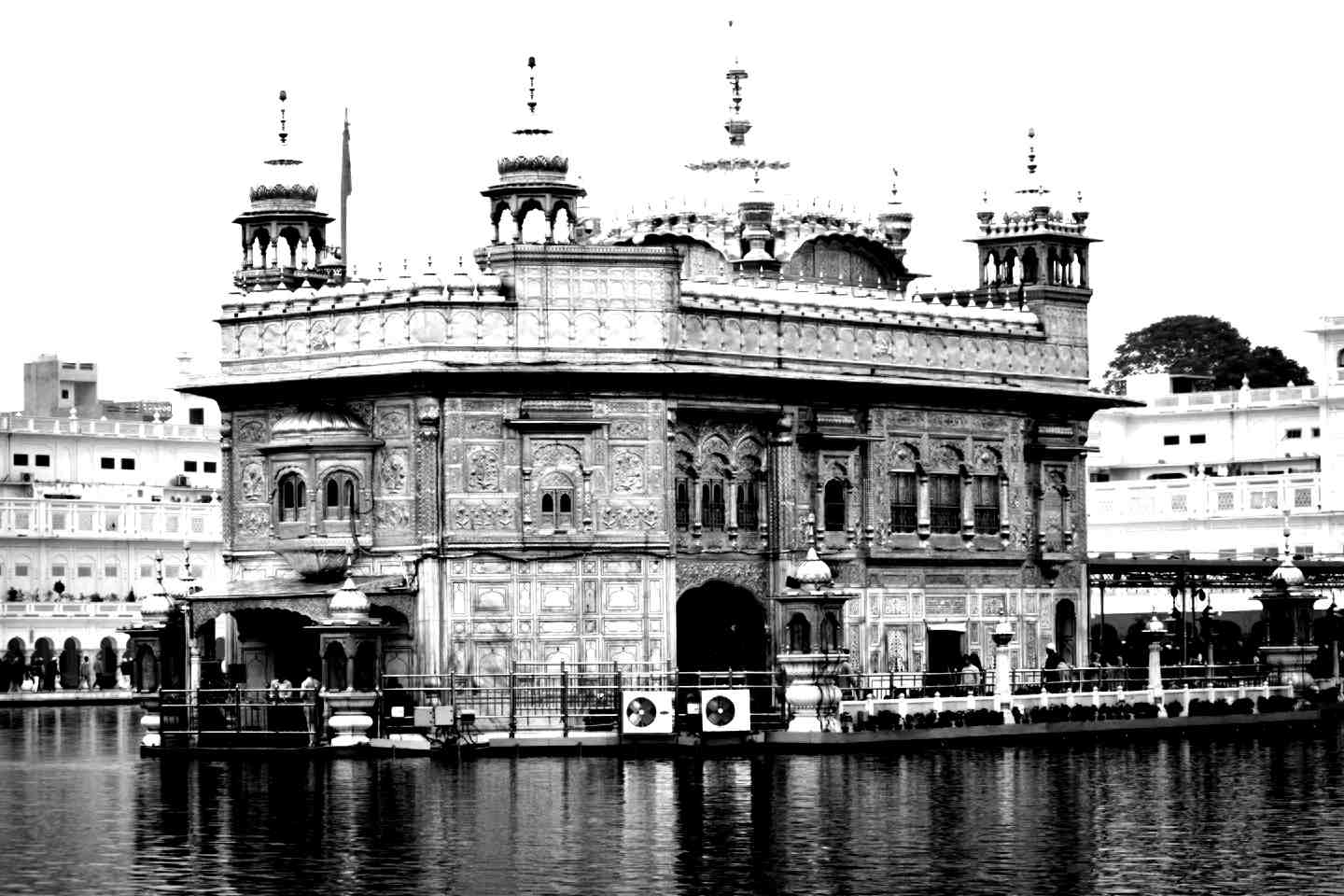Lions and Unicorns

April 2019 was the centenary of the Amritsar massacre. An event which arguably marked the beginning of the end of Britain as an imperial power - and which was also an excellent expression of the true nature of the British Empire.
The way the British establishment talks about the empire is a perfect illustration of collective myth-making. Myths are essential, but they’re just stories. Myths give a sense of identity and value to a nation, a city, a family, to each of us as individuals. But important though they are, they should be recognised for what they are, which is a way putting a shape that seems to make sense onto the messiness of life. And most of the myths of our lives are based on reality about as much as the stories of Troy or of King Arthur and his Round Table.
So the story goes that, ultimately, the countries that Britain invaded were grateful for our consideration. Overall, the British Empire was a Force for Good and made the world a Better Place.
Maybe. As William Dalrymple puts it, India in 1750 was one of the richest nations in the world. In 1950 it was one of the poorest. What came between was 200 years of British plunder.
Advocates point out that we gave India railways, the English language, and a byzantine bureaucracy. So that’s all right then. Look at it the other way around. See your town ruled by a handful of strutting invaders from another continent – people who in general don’t and won’t even speak your language. Probably not something you’d welcome. Indeed, isn’t this what Brexit (excuse me for bringing this up) is about – the myth of throwing off mythical shackles to achieve a mythical return to a mythical past when Britain was great and able to plunder the rest of the world more or less unhindered? By all means let’s have myths to bind us; but let’s not allow them to obscure the truth – to become lies that we hide behind.
(The Golden Temple in Amritsar, pixabay)
